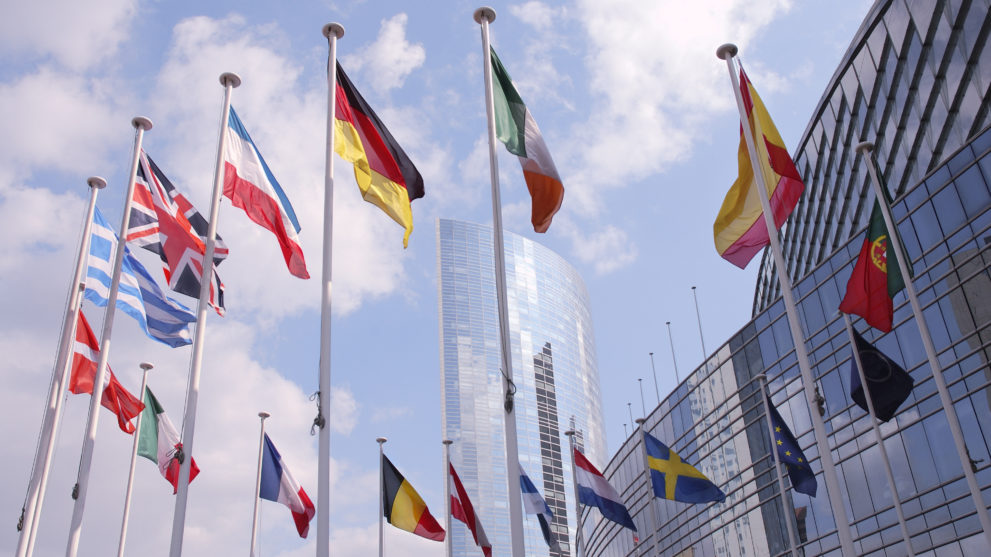Highlights from the Paris Summit for a New Global Financing Pact

Public and private actors gathered in Paris from June 22-23 to reaffirm their collective commitment to addressing the interconnected challenges of climate change, nature conservation, and sustainable development. Recognizing the urgent need for action, stakeholders undertook a series of engagements aimed at modernizing the international financing system and safeguarding global public goods while ensuring accessible financing for vulnerable populations. They further reinstated the importance of the UN SDG Stimulus, “Bridgetown 2.0” agenda and V20’s Accra-Marrakech agenda.
Enhancing the International Financing System
Nearly 80 years after the establishment of the Bretton Woods institutions, efforts were initiated to strengthen and modernize the international financing system. Such endeavors take on increased importance due to multiple crises overlapping, plunging an additional 120 million people into poverty over the past three years. Achieving a net-zero, biodiversity-positive world in line with the Paris Agreement’s 1.5°C target and the Kunming-Montreal Framework necessitates transformative changes in economies and societies, including a shift from billions to trillions in global investments.
Creating Opportunities in 2023
Acknowledging the challenging global environment, leaders expressed their belief in transforming 2023 into a year of opportunity. Following deliberations on various policy issues, a set of priority actions were identified to construct a more resilient and shock-responsive financial system suited to the 21st-century challenges. Global issues are interconnected, and addressing new challenges should not come at the expense of the fight against global poverty.
Winning the Battle Against Poverty and Vulnerabilities
Leaders stressed the need for multidimensional approaches when fighting poverty and vulnerabilities. Since climate-related disasters are more frequent, global measures to safeguard vulnerable countries and provide them with adequate financial resources are needed. The Summit led to new agreements that will restructure the debt payments of countries facing climate-related disasters. In this view, Zambia marked a historical achievement as it unlocked the second disbursement of the IMF program. Likewise, Ivory Coast and France agreed to a debt reduction. Columbia, Kenya and France also proposed the establishment of a Global Expert Review on Debt, Nature and Climate to assess the impact of debt on low- and medium-income countries’ capacity to preserve nature and decarbonize their economy. The World Bank announced that it will reinforce its capacity to assist countries in preparing and responding to crises. Education financing was identified as a key investment to alleviate poverty, with universal secondary education offering the potential to lift 420 million people out of poverty globally.
Reinforcing International Solidarity
To foster a fairer world, leaders recognized the crucial role of international solidarity and the transfer of capital from the North to vulnerable countries. Efforts to mobilize low-cost finance were explored, and commitments were made to provide additional financial support to countries in need. A new accounting method was proposed to incentivize private financing and increase contributions to global initiatives. Public development banks pledged to align their activities with the Sustainable Development Goals and the Paris Agreement, emphasizing the importance of collaboration across institutions and stakeholders. In this perspective, the Paris Dialogue on Financing for Sustainable Development was launched to build a Paris-based international hub.
Protecting the Planet and Shared Goods
The transition toward a net-zero and biodiversity-positive world requires systemic transformations across key sectors of the economy. Leaders emphasized the importance of steady economic growth, investments in human capital, and shifts in production and consumption patterns while prioritizing protection of global public goods such as clean air, forests and oceans. It was agreed that giving a price to carbon can play a significant role in reducing GHG emissions and generating additional revenues to finance the transition. France and the UK are working toward a global roadmap on bio credits to redirect the private sector’s investments on natural capital. A Just Energy Transition Partnership was signed between Senegal and G7 countries to support its transition by 2030. Stakeholders also expressed in favor of the adoption of a levy on the greenhouse gas emissions on the international maritime transportation sector. The World Bank launched the Private Sector Investment Lab to investigate the barriers preventing the private sector from investing in emerging markets.
The Paris Summit exemplified the determination of public and private actors to tackle climate, nature, and development challenges through global cooperation. The engagements and commitments that emerged during the Summit serve as stepping stones toward building a more inclusive, resilient, and sustainable future for all.
